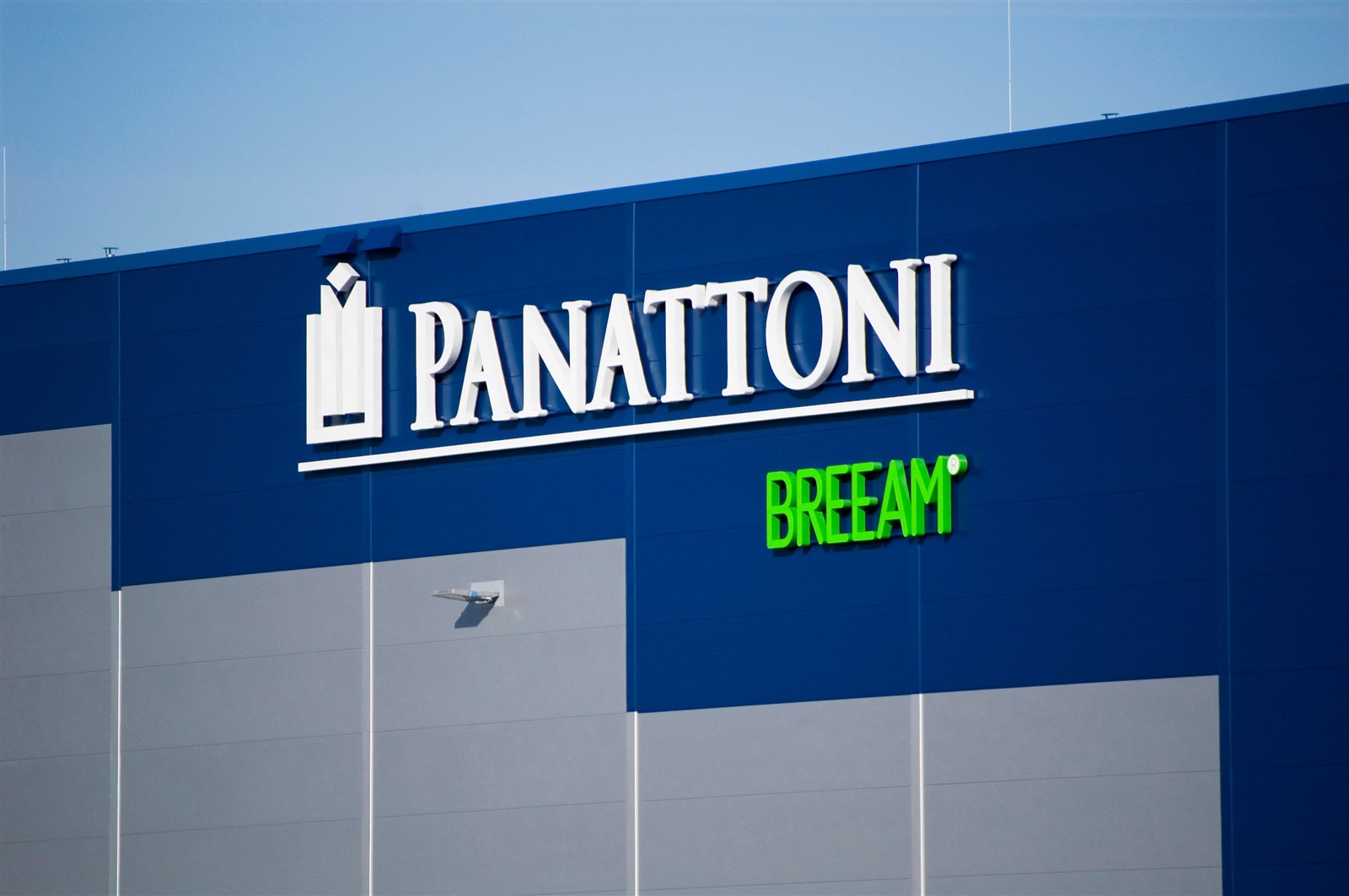Panattoni enters Baltics with BTS offering
 Panattoni is expanding into the Baltic countries of Lithuania, Latvia and Estonia. The new initiative is a response to growing customer demand in the region for modern BTS industrial solutions.
Panattoni is expanding into the Baltic countries of Lithuania, Latvia and Estonia. The new initiative is a response to growing customer demand in the region for modern BTS industrial solutions.Panattoni plans to expand its operations in all three Baltic countries, with particular emphasis on the Lithuanian market. As part of its new strategy, the company intends to introduce a unified cross-border offering that will allow customers to use BTS solutions in both Poland and the Baltics. In the first phase, the project will be managed from the headquarters in Warsaw, with a plan to establish a local office in the future.
- “Entering the Baltic markets is an exciting opportunity for us to support the development of local economies by providing modern logistics and industrial solutions. Panattoni's BTS offering is ideally suited to the current needs of customers in the region.” - says Marek Forynski, Managing Director, Panattoni BTS
The Baltic markets are currently characterized by a higher number of older buildings and lower investment liquidity in the industrial real estate sector. The banking sector can also be a constraint for investors. Despite these challenges, Panattoni sees great development potential, especially in the context of nearshoring and infrastructure investments such as VIA Baltica. The proactive actions of the Baltic governments in attracting new investors and supporting economic development are an asset.
- “Entering the Baltics with a BTS offering is a response to the specific expectations of our customers, who need tailor-made industrial space solutions in this part of Europe. We believe that the opportunity to present a unified cross-border offer will be a helpful tool for them in their further development.” - emphasizes Jerzy Kozlowski, BTS Development Director, responsible for developing Panattoni's projects in the Baltics.
Panattoni's expansion will also benefit the local economies - it will contribute to the liquidity of the logistics real estate market and the development of modern industrial facilities, especially in the rental model, which is not very popular in the region so far.
